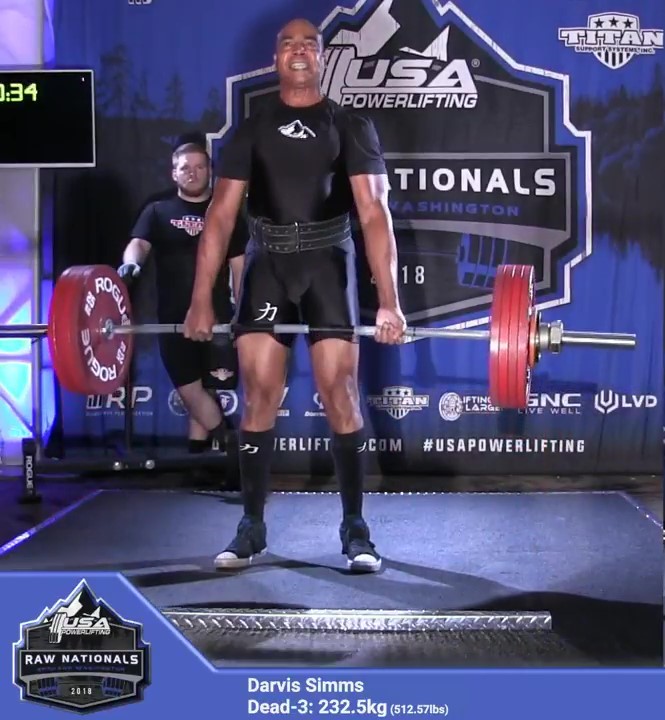
This week I presented two talks about protein for fitness and physical performance at the American College of Sports Medicine conference. ACSM is a professional organization for university faculty and students in kinesiology (exercise science) and practicing trainers and physical therapists who are all interested in muscle health and physical performance. While these trainers and therapists recognize the importance of protein for muscle health, they encounter clients or patients who have been told by doctors or nurses that high protein diets will damage the kidneys. This is a common warning from the medical community. This warning is largely based on assumptions and extrapolations and actually contrary to the research, but the concern persists. Because METABOLIQ is a “higher” protein diet, let’s look at how the kidney works and the origins of these questions about protein.
The kidney is the organ that filters the blood and removes salts, minerals, vitamins, urea, and water to keep your body in proper balance. Everything you eat or drink must eventually leave the body in some way – your breath, sweat, the stool, and urine. Everyday you must eliminate the equivalent of everything you eat or drink or eventually even vitamins, minerals, and water would accumulate and become toxic. If you exercise more vigorously you have to exhale more carbon dioxide; if you eat more fiber the stool will be larger; and if you drink more water you visit the bathroom more often. That same logic applies to protein. If you eat more protein then your kidney eliminates more urea. So just like eliminating water, the kidney is doing its job.
But let’s go farther yet. Just like water, protein is actually good for your kidneys. When you eat more protein, your kidneys actually get a little larger and that increases the capacity of the filtering process. The kidneys become more efficient.
Back in 2002, the Institute of Medicine (IOM) of the National Academy of Sciences reviewed all of the research studies on the topic of protein and kidney health; and they concluded that there was no evidence that higher protein diets were harmful to the kidney and recommended that protein was safe up to at least 35% of daily calories or 3.0 g/kg body weight. These levels translated into daily intakes up to at least 250 grams of protein. That’s in the range of 35 ounces of meat per day! That’s a lot of capacity. The IOM went a step farther and stated that low protein diets actually reduced kidney functioning during aging.
So why does the concern about protein persist within the medical community? The basis for the concern comes from patients who already have kidney failure. The most common cause of kidney failure is long-term poor management of diabetes. High blood sugar damages the small blood vessels throughout the body and one of the most sensitive organs is the kidney with its elaborate filtering system. When the filtering system is damaged the kidney slowly loses its ability to clean the blood. When kidney function is reduced to less than 20% of normal, it is essential to reduce the load on the kidney and maybe begin dialysis. This means restricting everything that is filtered by the kidney including sodium, potassium, minerals, water, and also protein. The important point here is there is no risk from protein unless the kidney is already damaged by some other problem. Once the kidney has been damaged, then medical care is focused on reducing urine load including restricting water, salts and protein. Protein is not the cause of kidney problems but kidney problems will affect protein metabolism. So the medical community has associated protecting the kidney with reducing protein intake, but the association is not true for healthy kidneys.
So how much protein is acceptable? Protein experts generally agree that there is a very wide range of safe and acceptable intakes for protein from a minimum requirement of about 60 grams each day up to an upper limit around 250 grams (and this is a very conservative high end). Currently, average daily protein intake in the United States is only about 70 grams for women and 90 grams for men. METABOLIQ is a “moderately” higher protein diet with a goal of 110 to 130 grams per day. METABOLIQ also has the added benefit that it distributes the protein throughout the day with the Shakes, Bars and METABOLIQ meals so that the body sees a constant supply of protein instead of a single, very large protein meal at dinner. Getting protein right in your diet is good for every part of your body – and that includes your kidneys.




